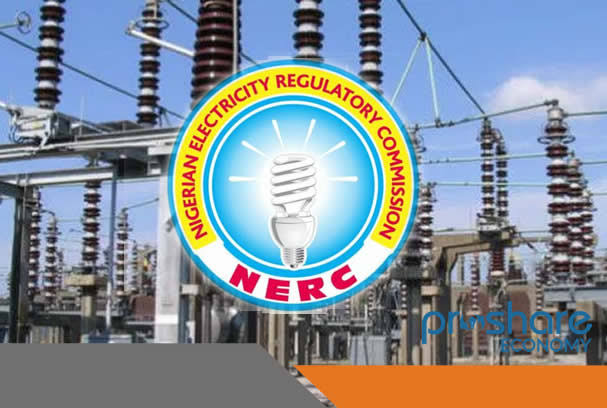Paragraph 1: The Controversial Appointment
The Nigerian power sector is embroiled in controversy following the appointment of Abdullahi Ramat as the new Chairman of the Nigerian Electricity Regulatory Commission (NERC). Ramat, a former local government chairman with a PhD in strategic management, was nominated by President Bola Tinubu on August 8th, 2025, replacing Sanusi Garba, whose five-year tenure was prematurely terminated. The controversy stems from Ramat’s immediate assumption of office, despite the legal requirement of Senate confirmation. This action, perceived as a breach of protocol and a potential threat to the independence of the regulatory body, has sparked widespread criticism from stakeholders.
Paragraph 2: Conflicting Directives and a Hasty Takeover
Adding fuel to the fire, the presidency issued conflicting statements regarding Ramat’s assumption of office. Initially, a statement directed Ramat to assume office in an acting capacity to avoid a leadership vacuum. However, a subsequent revised statement retracted this directive, emphasizing the need for Senate confirmation and instructing the acting chairman, Musiliu Oseni, to remain in charge until then. Despite this clarification, Ramat proceeded to take over the NERC headquarters, accompanied by political associates and security personnel, raising concerns about potential political influence and disregard for due process. This act of defiance further solidified the perception of a power grab and fueled anxieties about the politicization of NERC.
Paragraph 3: Stakeholder Outcry and Legal Challenges
Stakeholders across the power sector have voiced strong disapproval of Ramat’s actions. Experts and consumer groups have condemned the move as illegal and potentially damaging to investor confidence. The Utilities Consumers Rights Advocacy Initiative of Nigeria has even petitioned the Attorney General, challenging Ramat’s “illegal resumption of office” and questioning the validity of any decisions he might take before Senate confirmation. The core concern revolves around the potential compromise of NERC’s independence, a critical element in attracting much-needed foreign investment to the sector. The hasty takeover has been viewed as a disregard for established legal procedures, further eroding trust in the regulatory process.
Paragraph 4: Concerns about Qualifications and Experience
Beyond the legal issues, concerns have also been raised about Ramat’s qualifications and experience. While his academic credentials, including a PhD in Strategic Management, are acknowledged, some stakeholders question his lack of direct experience in the power sector. Critics argue that the complex challenges facing the industry require a leader with deep understanding of the sector’s intricacies, not just theoretical knowledge. The preference for a candidate with a proven track record within the power sector reflects the urgency and criticality of the situation, especially given the ongoing liquidity crisis and the risk of grid collapse.
Paragraph 5: Potential Consequences for the Power Sector
The controversy surrounding Ramat’s appointment has significant implications for the Nigerian power sector. Experts warn that the perceived political interference could deter much-needed investment, exacerbating the existing challenges. The uncertainty surrounding NERC’s leadership could paralyze regulatory progress and further delay crucial reforms. The erosion of trust in the regulatory body risks creating a volatile environment, jeopardizing the stability of the power sector and hindering efforts to address the chronic power shortages plaguing the nation.
Paragraph 6: Calls for Corrective Action and Transparency
To restore stability and confidence, stakeholders are urging President Tinubu to publicly clarify Ramat’s status as a nominee pending Senate confirmation. They also call on the Senate to expedite the confirmation process and rigorously scrutinize Ramat’s competence and commitment to NERC’s independence. Furthermore, Ramat himself is urged to engage with stakeholders, outline a transparent agenda, and demonstrate a commitment to adhering to proper governance procedures. These steps are deemed crucial to rebuild trust and ensure the integrity and effectiveness of the regulatory framework governing the Nigerian power sector. The future of the sector hinges on the swift resolution of this impasse and the restoration of confidence in NERC as an impartial and effective regulatory body.














